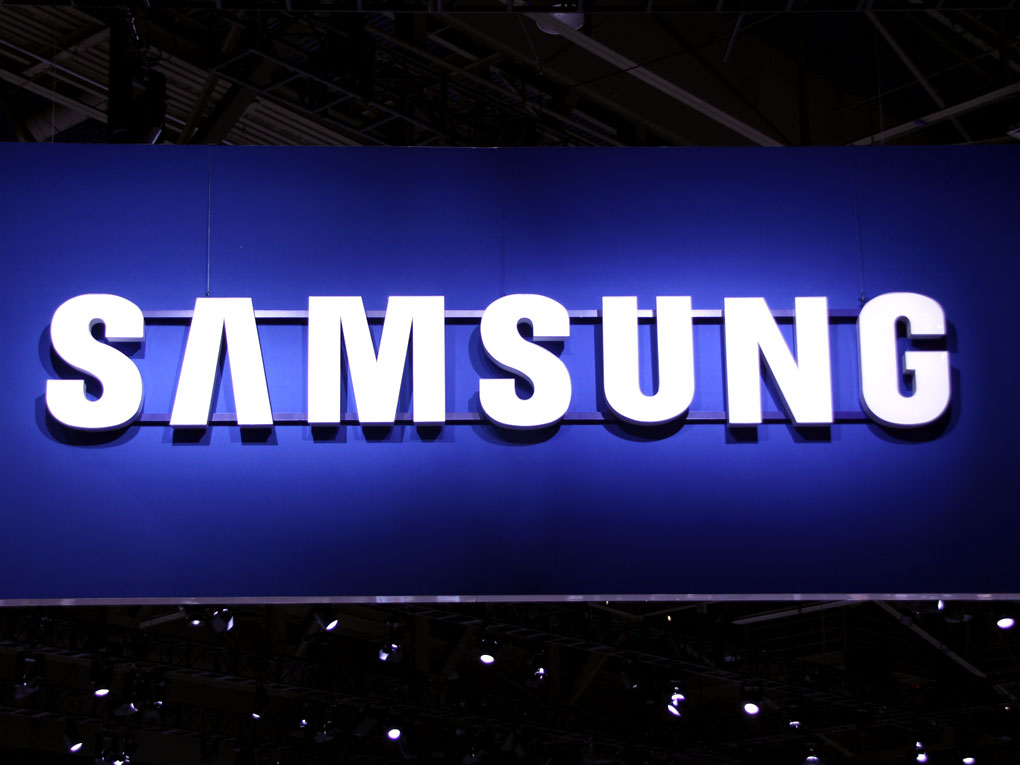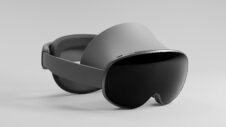Building successful brands and businesses is definitely and infinitely more difficult than the over simplified formulas presented in business seminars and text books. The often cited product characteristic of Quality, and management strategy of Perseverance, are definitely not as important as the experts in suits want us to believe. There are many instances in the smartphone industry which stand as testimony to this phenomenon. HTC is definitely one such intriguing example.
HTC has definitely come a long way for a small company, which once was no more than a contract manufacturer. This transition from a mere contract manufacturer in Taiwan to a global mobile brand competing with heavyweights like the Apple, Samsung, Nokia etc is no mean feat. What makes this accomplishment even more compelling is the manner in which the heavy weights like Motorola and Nokia bowed to the market pressures and got acquired, while HTC remained independent and relevant even if not continuously profitable. But, with Samsung spending billions on advertising, selling millions of mobile phones, and making billions in the same ecosystem as HTC, time is running out for HTC to survive and succeed. Will 2014 breathe a life of fresh air into HTC? Can HTC effectively the threat imposed by Samsung? Let’s see how well HTC is positioned to accomplish this feat in 2014.
Currently, HTC faces many and varied challenges, and it is this multi dimensional aspect of its troubles, which makes recovery all the more challenging. What is interesting, however, is that product quality is not an area of concern for HTC, unlike many other manufacturers. It’s one area where HTC performed consistently better than many other phone manufacturers. Since the inception of mobile ecosystem era, HTC has put out quality devices like HTC Hero, HTC Legend, HTC One X, HTC One etc, which were consistently on or above par when compared to the competition. Display and build quality are two aspects where HTC made a mark for itself. Its 2013 flagship phone, HTC One, is definitely one of the best handsets ever manufactured. With crystal clear full HD display, astonishing pair of stereo speakers, ambitious camera module, powerful internals, and stunning unibody design rivalling even the critically acclaimed iPhone, HTC One is one of the best phones ever made. Yet, HTC failed to stop declining sales, and stage the kind of comeback it aspired for. Unfortunately, the story doesn’t end with HTC One, and is a common thread running across its product portfolio. The intent here is not to say that they make perfect phones, but to point the fact their products fail to trigger the sales they deserve.
There are many reasons for the financial under performance of the HTC products, and these factors might continue to haunt in the near future as well. Marketing can be argued as the biggest weakness plaguing HTC in the recent years. While Samsung makes good products and markets them brilliantly, HTC makes great products and markets them terribly, and that pretty much sums up the key distinction between Samsung and HTC. Samsung beats HTC comfortably both in terms of the quantity and quantity of marketing. Look at the marketing campaign by Robert Downey Jr for HTC One, and the problem becomes evident. Plug in the details that HTC spent 12 million USD for this uninspiring campaign, and the graveness of the problem becomes even more apparent.
Even keeping aside poor marketing, HTC is a much smaller brand than Samsung. As of now, HTC makes only smartphones, not even tablets. On the other hand, with products spanning across categories, sectors, segments, and continents, Samsung is a much bigger and well-known brand than HTC. This makes purchase decisions by first time and conservative customers more in favour of Samsung than HTC to avoid the fear of unknown. Add to this, the limited number of models offered by HTC to the smartphone customers, and often at a more premium price than the more established brands, it appears as if HTC has a blind pride in its products, which is making the smartphone customers’ choice for HTC smartphones, more pricey and painful. Compare this to the wide range of models offered by Samsung, at aggressive points, promoted heavily, and supported by robust after sales network, it offers a compelling perspective into why HTC is unable to rake in more sales in spite of better quality products.
Tech intelligentsia predicts smartphone industry in 2014 will be dominated by growth in emerging markets; demand in the mid to low range price segments; commercial developments in wearable technologies; and beginning of smart convergence across various appliances in homes, with smartphone as the central controlling device. What’s unfortunate for HTC is that, Samsung owns a distinctive advantage over HTC in terms of the predicted trends for 2014. Samsung, along with its exhaustive range of smartphone offerings at aggressive price points, has a wide distribution and after sales network, reaching deep into the emerging markets around the world, and this makes Samsung an ideal fit for the existing opportunity. Strengthening its advantage is the level of vertical integration it has in manufacturing the wide portfolio of products. With increased control over the quantity and quality of the component supplies like displays, memory modules, processors etc, it can achieve benefits of scale and costs beyond the reach of HTC and many other manufacturers. This control over components has also helped Samsung make a head start in the wearable technology, a segment where HTC is yet to embark on the journey.
However, the biggest advantage for Samsung lies in the ability to create smart convergence across various products for smarter homes. Being one of the largest manufacturers of home appliances and electronic gadgets provides Samsung an enviable opportunity to build an ecosystem around its products, with smart phone as the controlling device, for smart and connected living. The recent Samsung Developer Conference clearly depicted Samsung’s ambitions in this regard. Unfortunately, HTC is in a contrary position to all the benefits and opportunities enjoyed by Samsung. It has limited smartphone offerings; relatively more pricey options; substantially small distribution and after sales network; limited control over components supplies; no foot print in wearable technology; and more importantly no other products apart from smartphones to build a compelling convergence ecosystem. It is suffice to say, smartphone industry trends predicted for 2014, presets HTC with more challenges than opportunities.
Of course, HTC is well aware of all these problems, and it might have a solid action plan to succeed in 2014. HTC knows its troubles in advertising its products, and the same has been acknowledged subtly on many occasions, even if nothing has been done to set it right so far. HTC has also acknowledged its weakness in the mid to low range smartphone segments, but an action plan is yet to surface. If the rumours from tech press turns out to be true, HTC might use MediaTek processors for its mid to low range smartphones, thereby lowering costs and appealing to the value seeking customers. However, if the bigger and potentially game changing rumour that HTC is going to make smartphones for Amazon turns out to be true, HTC can hugely benefit in 2014 with this partnership. Even the rumour that HTC is working on a forked Android OS, specifically designed for China, can have far-reaching desirable consequences for HTC, since China has the largest number of smartphone population, with an extremely localised web ecosystem. Peter Chou, CEO of HTC, has expressed ambitions to make a mark in the wearables segment, which shows that HTC is actively interested in exploiting the upcoming huge opportunities. However, for now, all these are rumours and vague statements, which at the best can be explained as intentions yet to be converted into actions.
Not to forget, HTC One in 2013 has won many accolades from reviewers around the world, and has built anticipation for the successor in 2014. Even if nothing else works for HTC in 2014, a deserving successor to HTC One without any manufacturing shortages should be sufficient to keep HTC alive and relevant. Assuming HTC One successor makes some waves, it’s still difficult to grasp how HTC can deliver a very different scenario than 2013. If Samsung emphasizes build quality, and moves away from cheap designs, HTC loses its most effective competitive advantage. To sum it up, HTC is no better shape than in 2013 to challenge Samsung in 2014. Overall, it looks gloomy for the little manufacturer obsessed with quality. It’s not a prophecy confirming HTC’s death in 2014, but a mere prediction that HTC might continue to struggle, and may not pose any real threat to Samsung. From the events in 2013, it appears as though Samsung can be better challenged by Motorola and Sony, than HTC. Let’s hope some luck for HTC. After all, a few million customers moving to HTC may not hurt Samsung, but it can make a world of difference to HTC.
This article was written by our guest blogger, Naresh Nekkanti (you can follow him at @nekkantinaresh on Twitter), and will be part two of a multi-part series of articles analyzing Samsung’s challenges in 2014, and its stand among the competition.







